Search Papers:
The keynote information for the 3rd World Congress on Electrical Engineering and Computer Systems and Science (NewTech'17) is as follows:
ICNFA'17 Keynote Speakers:
Dr. Luigi Falciola
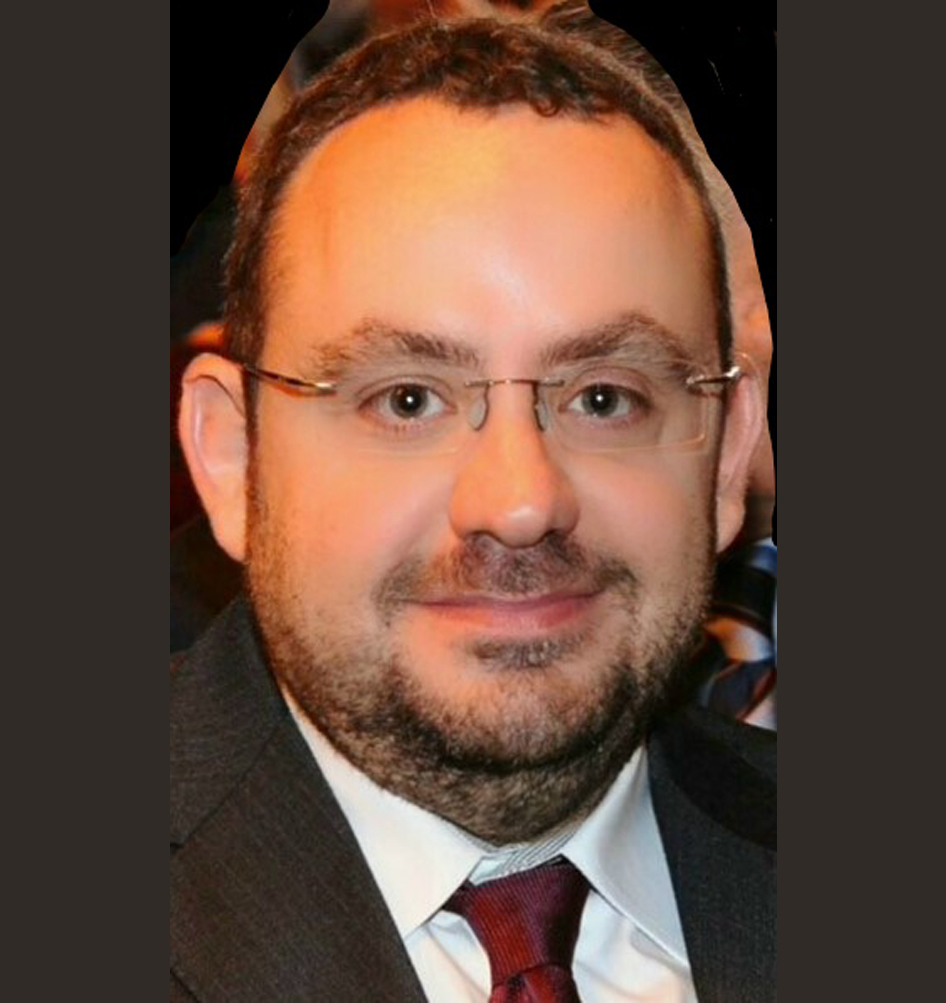
Luigi Falciola graduated in Chemistry in 1998 and received his PhD degree in Chemical Sciences in 2002. He is now Associate Professor in Analytical Chemistry at the Chemistry Department of the Università degli Studi di Milano (Italy), where he founded and leads the ELAN (ELectroANalytical Chemistry) Group.
The Group is devoted to the development, the characterization and the application of electroanalytical methods, together with the comprehension of the kinetics and mechanism of electrode processes with particular attention to the important roles of the electrode material and the solvent media. The main research interests are related to the development of new electroanalytical methodologies (particularly those based on voltammetric pulsed and stripping techniques) and new electrode materials (modified electrodes and composites, ink-jet printed and screen-printed electrodes) to be used for different applications in the fields of sensors, the environmental analysis and of the quality control of different products (water, foodstuff, drugs, ...). In this context, the group is continually producing new electroanalytical sensors based on electrodes modified particularly with nanostructured materials (carbon nanotubes, graphene, metal or oxide nanoparticles) and/or conducting or non-conducting polymers, in order to improve their analytical performances or to detect completely new analytes, such as compounds of emerging concern (CEC).
Luigi Falciola is Member of the International Society of Electrochemistry (ISE), of the Italian Chemical Society (Electrochemistry Division Secretary and Treasurer from 2011 to 2016 and Sensors Group Steering Committee Member), of the Royal Society of Chemistry (Italy Local Section Treasurer). He is author and co-author of 75 scientific papers in peer reviewed International Journals. For further information, you can visit the Group website (http://users.unimi.it/ELAN) where a complete list of Publications can also be found.
Topic of Keynote: Electroanalysis with Modified Electrodes: from the Use of Simple Nanomaterials to Engineered Nanohybrids
Dr. Alexander Korsunsky
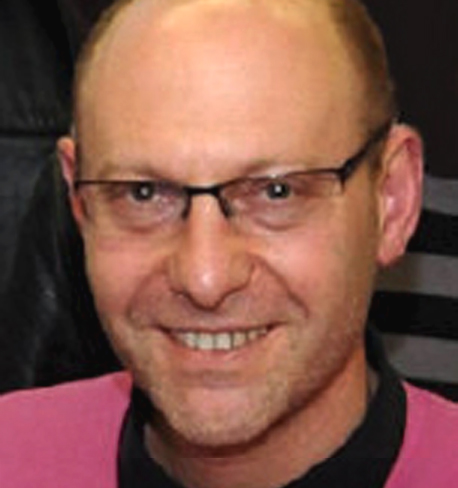
Alexander Korsunsky is Professor of Engineering Science at Trinity College, University of Oxford, where he is head of the Multi-Beam Laboratory for Engineering Microscopy (MBLEM). He is part of the Rolls-Royce University Technology Centre in Solid Mechanics. At the nearby Harwell Oxford Campus he heads the Centre for In situ Processing Studies (CIPS) in the Research Complex at Harwell. Each year Prof Korsunsky gives several keynote plenaries at major international conferences on engineering and materials. He maintains active international links, including visiting professorships at Universitá Roma Tre (Italy), ENSICAEN (France) and the National University of Singapore. Prof Korsunsky’s research interests concern developing improved understanding of integrity and reliability of engineered and natural structures and systems, from highperformance metallic alloys to polycrystalline ceramics to natural hard tissue such as human dentin and seashell nacre. Prof Korsunsky co-authored books on fracture mechanics (Springer) and elasticity (CUP), and published over 250 papers in scholarly periodicals on subjects ranging from neutron and synchrotron X-ray diffraction analysis and the prediction of fatigue strength to micro-cantilever bio-sensors, size effects and scaling transitions in systems and structures. His h-index is 20, and his most cited paper 280. Support for Prof Korsunsky’s research has come from EPSRC and STFC, two major Research Councils in the UK, as well as from Rolls-Royce plc, Royal Society, Royal Academy of Engineering (RAEng), NRF (South Africa), DFG (Germany), CNRS (France) and other international research foundations. Prof Korsunsky on the editorial board of Journal of Strain Analysis (SAGE and IMechE, UK). Prof Korsunsky is consultant to Rolls-Royce plc, the global aeroengine manufacturer, on company design procedures for reliability and consistency. He was seconded to their headquarters in Derby, UK (supported by RAEng), and advised on R&D in structural integrity. Prof Korsunsky plays a leading role in the development of large scale research facilities in the UK and Europe. At Diamond Light Source (DLS, Harwell Oxford, UK) he chaired the Science Advisory Committee and the User Working Group for beamline I12 JEEP (Joint Engineering, Environmental and Processing). He is member of UK delegation to ESRF Council. His activities expand the range of applications of large scale science to problems in real engineering practice. Prof Korsunsky’s research team at Oxford has members from almost every part of the globe (UK, FR, DE, IT, GR, China, India, Korea, Malaysia, South Africa).
Topic of Keynote: Nano-scale Characterisation of Li Ion Migration Phenomena in Battery Materials
Dr. Zhong L. Wang

Dr. Zhong Lin (ZL) Wang is the Hightower Chair in Materials Science and Engineering and Regents' Professor at Georgia Tech, and Founding Director and Chief Scientist at Beijing Institute of Nanoenergy and Nanosystems, Chinese Academy of Sciences. Dr. Wang has made original and innovative contributions to the synthesis, discovery, characterization and understanding of fundamental physical properties of oxide nanobelts and nanowires, as well as applications of nanowires in energy sciences, electronics, optoelectronics and biological science. His discovery and breakthroughs in developing nanogenerators establish the principle and technological road map for harvesting mechanical energy from environment and biological systems for powering a personal electronics. His research on self-powered nanosystems has inspired the worldwide effort in academia and industry for studying energy for micro-nano-systems. He coined and pioneered the field of piezotronics and piezo-phototronics. Dr. Wang was elected as a foreign member of the Chinese Academy of Sciences in 2009, member of European Academy of Sciences in 2002, fellow of American Physical Society in 2005, fellow of AAAS in 2006, fellow of Materials Research Society in 2008, fellow of Microscopy Society of America in 2010, fellow of Royal Society of Chemistry, and fellow of the World Innovation Foundation in 2002. He received 2016 Distinguished Scientist Award from (US) Southeastern Universities Research Association, 2015 Thomas Routers Citation Laureate award, 2014 World Technology Prize in Materials; 2014 the James C. McGroddy Prize for New Materials from America Physical Society, 2011 MRS Medal from the Materials Research Society, 1999 Burton Medal from Microscopy Society of America. He has authored over 1100 peer reviewed journal articles (16 in Nature and Science, 16 in Nature sister journals). From SCI data base, his entire publications have been cited for over 100,000 times with an h-index of 155; Google scholar gives a citation of 150,000 with an h-index of 180. Details can be found at: http://www.nanoscience.gatech.edu
Topic of Keynote: Nanogenerators for Self-Powered Flexible Electronics and Piezotronics for Active Human-Machine Interfacing
ICEPR'17 Keynote Speakers:
Dr. Akira Kondo
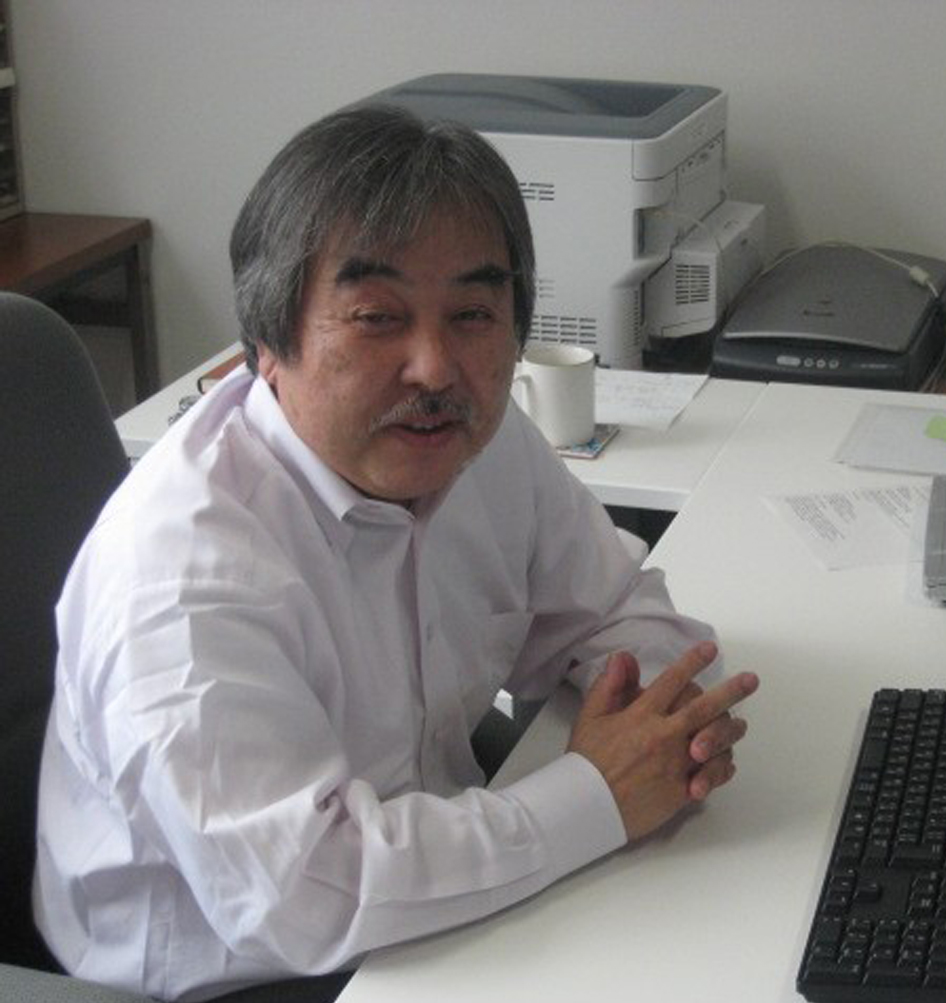
I was graduated from Faculty Engineering, Osaka University in 1982 and from Graduated School of Engineering , Osaka University in 1984. After that, I had worked in Matsushita Electric Industry (Panasonic) for 5 years. From 1989, I has been working in Osaka University as an assistant professor, associated professor and professor. I received PhD in 1999 and its thesis is “Study on development of numerical simulation model in order to mitigate urban atmospheric environment”. I am researching on the environmental dynamics modeling in the wide ranges from global scale to indoor scale. Moreover I carried out the joint researches in South-East Asia; Nepal, Indonesia, Korea, China, Vietnam, and Thailand. Throughout these researches, I received the best paper award from The Society of Heating, Air Conditioning and Sanitary Engineering of Japan in 2010 and received the best paper award from the Society of Environmental Science of Japan in 2012 and received the best academic award from Atmospheric Environmental Society of Japan in 2015. I am the author of more than 80 peer-reviewed articles including articles written in Japanease, and 80 international conference papers with limited peer review.
Topic of Keynote: Performance of Meteorological and Air Quality Modeling for PM2.5 Simulation, and Impact of Aerosol Direct Effect
Dr. Bernard H. Kueper
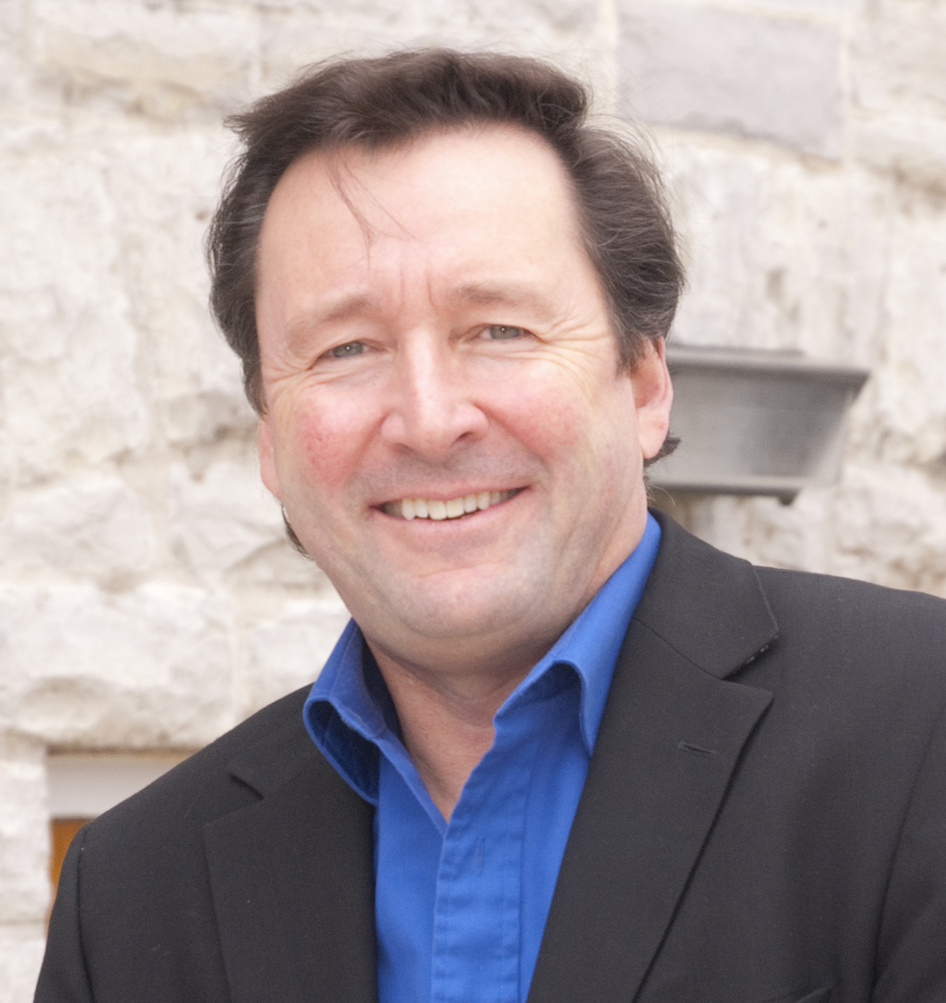
Dr. Kueper is a professor in the Department of Civil Engineering at Queen’s University in Kingston, Ontario. His research focuses on the subsurface behaviour and remediation of non-aqueous phase liquids (NAPLs) such as chlorinated solvents, coal tar, creosote, PCB oils and fuels in both unconsolidated deposits such as sands and gravels, as well as fractured clay and rock. These compounds currently represent the most frequently detected groundwater contaminants throughout industrialized areas of the world. Current research is aimed at the development and evaluation of in-situ remediation technologies such as hydraulic displacement (HD), electrical resistance heating (ERH), thermal conductive heating (TCH), enhanced in-situ bioremediation (EISB), and in-situ chemical oxidation (ISCO). Professor Kueper and his graduate students make use of high resolution numerical simulation using multiphase flow/reactive transport models, laboratory experimentation, and field experimentation in carrying out their research. Professor Kueper is the lead editor of the book Chlorinated Solvent Source Zone Remediation published in 2014 by Springer Science + Business Media, LLC.
Topic of Keynote: Remediation of Organic Contaminants in Groundwater
ICBB'17 Keynote Speakers:
Dr. Gert-Jan Euverink
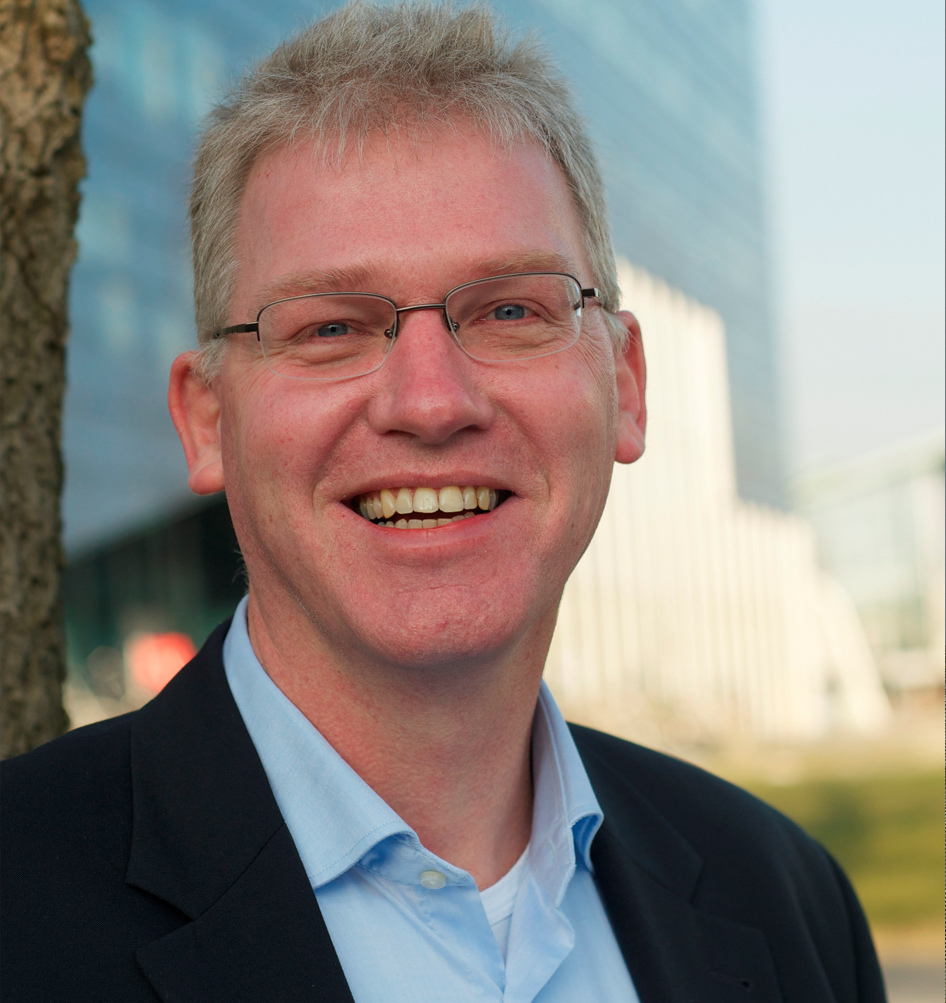
Euverink (1966) holds a position as full professor and is head of the research group “Products and processes for Biotechnology”. He is embedded in the “Engineering and Technology institute Groningen”, at the University of Groningen. From 2004 until 2011 he was program director of Wetsus, European Center of Sustainable Watertechnology in Leeuwarden, the Netherlands. From 1998 until 2004 he started and managed successfully BioExplore, a high throughput screening facility at the department of Microbial Physiology of the Groningen Biomolecular and Biotechnology institute. From 1994 until 1998 he was a post-doc at the Dutch Institute for Carbohydate Research and developed a novel process for the synthesis of a thermoreversible starch derivative. This product is currently produced by Avebe under the brandname Etenia. Euverink received his PhD in microbiology at the University of Groningen in 1995 based upon a study of phenylalanine and tyrosine metabolism in the methylotrophic actinomycete Amycolatopsis methanolica.
Topic of Keynote: Transcriptomics as a tool to monitor and predict the behaviour of the microbiome in an industrial salt waste water treatment plant
Dr. Vladimir A. Baulin
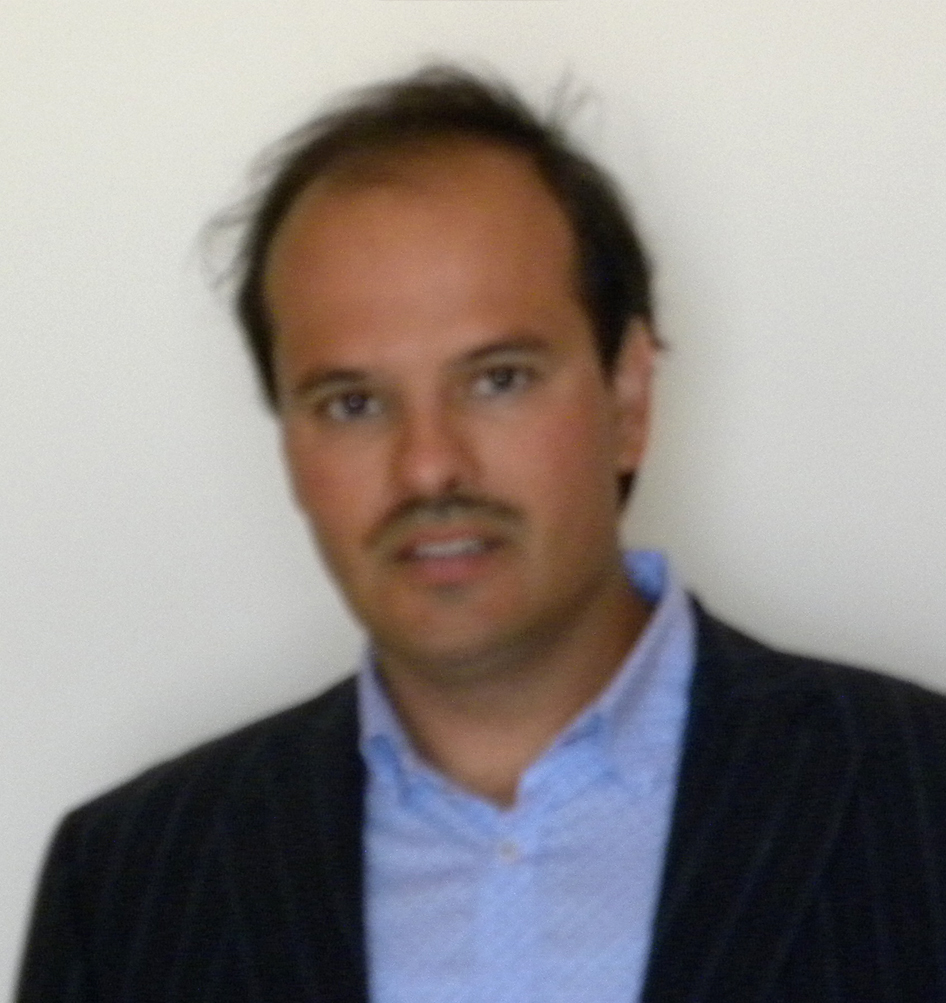
Dr. Vladimir A. Baulin leads a group of Soft Mater Theory at the University Rovira i Virgili, Tarragona, Spain which has strong expertise in theory of polymer physics, soft matter theory and biophysics. He is a Coordinator of EU funded Initial Training Network SNAL.
Topic of Keynote: Design of Hydrophobic Nanoparticles for Spontaneous Translocation through Lipid Membranes
ICERT'17 Keynote Speaker:
Dr. Cigdem Eskicioglu
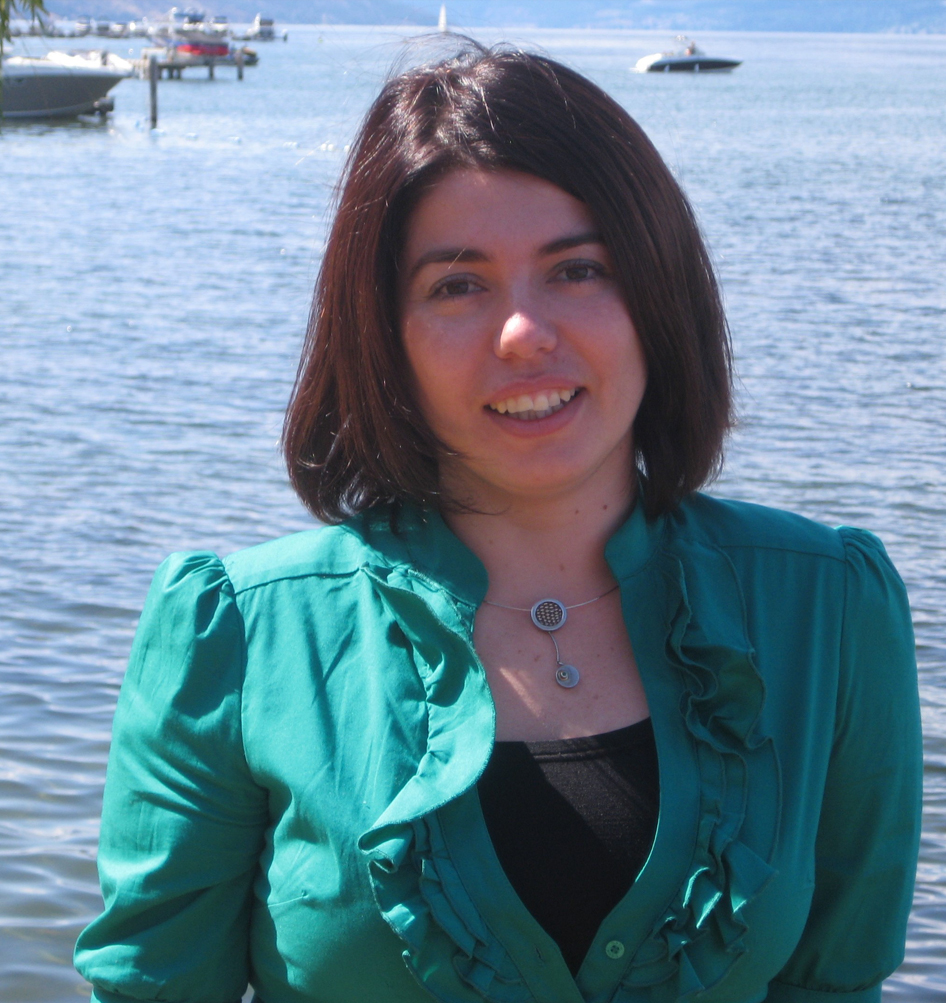
Dr. Cigdem Eskicioglu is an Associate Professor at the School of Engineering, University of British Columbia (UBC) in Canada. She is also the leader of UBC Bioreactor Technology Group (Website) on UBC’s Okanagan Campus. Her group focuses on advanced anaerobic digester processes for enhanced biogas production, fate of micropollutants in advanced biological treatment processes, side-stream treatment for ammonia removal and odor minimimization.
Topic of Keynote: Emerging Pretreatment Technologies for Enhanced Bioenergy Production from Organic Waste
Dr. Wen-Feng Lin

Professor Lin has particular expertise in physical chemistry, electrochemistry and electrochemical engineering. The primary themes of his research are related to energy, environment and water. He collaborates internationally and has led a significant number of externally funded projects, ranging from fundamental understanding of electro-catalysis at atomic and molecular levels to applied R&D in energy materials, fuel cells, batteries, and ozone generation from water for water treatment and advanced oxidation technologies; resulting in an output of over 160 publications, 6 patents and contributions to 2 spin-outs.
Topic of Keynote: Direct Alcohol Fuel Cells as an Enabling Clean Energy Technology for Portable Devices and Transportation - From Fundamental to System Engineering
© Copyright 2017, International ASET Inc. - All Rights Reserved.
ISBN: 978-1-927877-31-9

